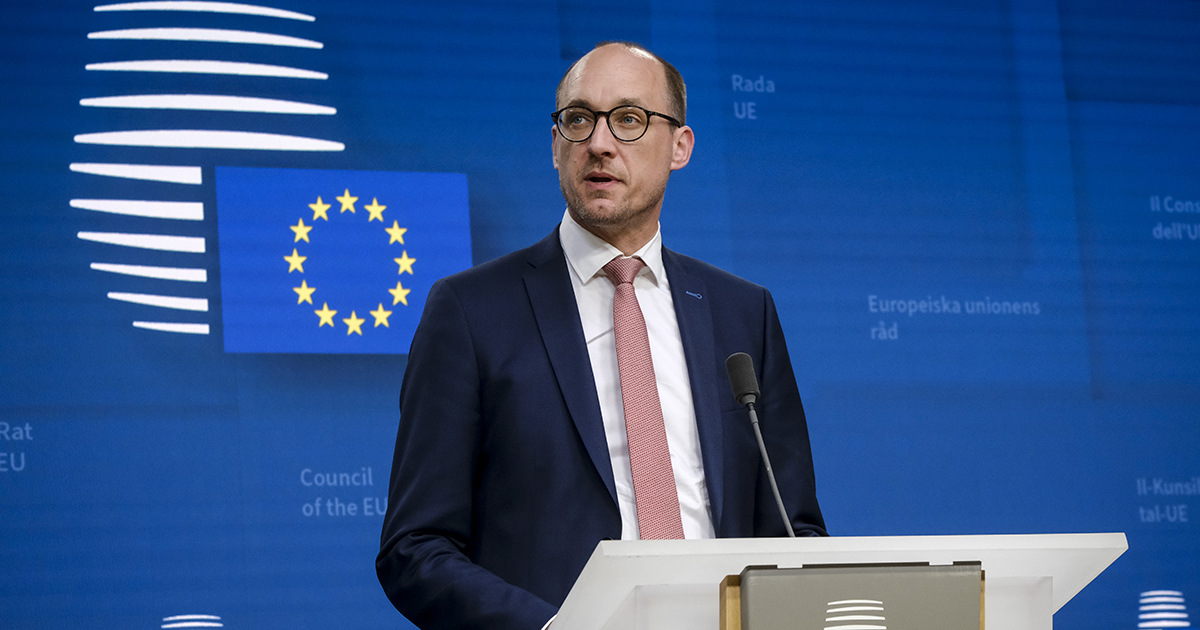The final stage is over - ViDA is here!

It's for real - VAT in the Digital Age is here!
Earlier this month (March 11), the ViDA reform was adopted by the European Council. The Directive has now also been published in the Official Journal of the European Union, presenting the adopted legal acts.
This means that as of April 14, Member States can introduce domestic e-invoicing requirements without needing a derogation approval from the European Commission.
In essence, VAT in the Digital Age aims to create simple and fair taxation and to use the digital solutions available to fight tax fraud, reduce the VAT gap in the EU and adapt cross-border trade to today's data-dominated society.
The package of proposals was put forward by the European Commission in December 2022 and was mangled and revised for two years before EU finance ministers reached the necessary unanimity at the ECOFIN meeting last November. This approval was followed by formal endorsements from the Joint European Assembly. First from the European Parliament and now, most recently, from the Council of the EU or the EU Summit as it is sometimes called.
Established timetable
Now that the final step has been taken, the adoption of the ViDA is clear once and for all. We now know that in the years to come, a new and more efficient VAT reporting will be implemented across the EU. The Commission has prepared the working documents and defined the tools to be used for the smoothest possible implementation. At least in its external form. Technically, there is still much to be done.In broad terms, the ViDA Regulation consists of three main areas which will set the tone for the EU's digital future in the VAT sector. These three pillars include simple VAT registration, the platform economy and digital reporting.
- July 2028: Introduction of simple VAT registration, reducing administrative hassle and costs for e-commerce sellers and B2B businesses.
- January 2030: Platform economy takes a step forward with mandatory VAT handling for short-term rentals and ride-sharing platforms.
- July 2030: New digital reporting requirements and mandatory e-invoicing come into force, simplifying transaction tracking and strengthening tax authorities' tools against VAT fraud.
From theory to action
With the first step of the VAT Directive update, i.e. the simplification of VAT registration, being implemented already next year, ViDA is now moving from paper to action. As the timetable suggests, the changes will be implemented in phases. In 2030, the platform economy will be next to combine the innovative business models of recent years with traditional tax rules. Then, later that year, the mandatory e-invoicing and digital reporting requirement for cross-border transactions within the EU awaits. This will not only ensure modernized tax management but also promote transparency between countries and businesses.
But getting the project to this point has not been without its challenges. During the discussions, several compromises were reached to balance the different interests of member states. For example, the reporting period was extended from two working days to 10 days after the e-invoice is issued, giving businesses more time to adapt. These adjustments are part of the ongoing dialogue within the EU to optimize integration and implementation through pragmatic solutions.
ViDA the digital future
With ViDA as the future map, there is now a strategy for how digital invoicing and VAT reporting can be developed within European cooperation. Thanks to the extensive expansion of systems such as One-Stop Shop (OSS) and improved VIES databases, the reforms are poised to not only simplify processes but also ensure fair and efficient tax collection.
The European Commission's work continues with new projects and pilot studies to refine the tools that will be central to regional and global economic activities. One highly topical pilot is OpenPeppol's ongoing work to create a structure that incorporates future reporting requirements into a five-cornered model. The basic aim is to demonstrate that Peppol's invoice specifications and network can meet the Digital Reporting Requirements (DRR) outlined in the new modernized VAT Directive.
It is clear that the European Commission is relieved. Borrowing from the Commission's own language, ViDA is described as the digital future. It is a reform that will position Europe at the forefront of digital transformation in tax reporting. With a unified infrastructure as its foundation, the continent is entering a new era of tax management, enabling member states and businesses to collaborate in a seamless and transparent financial environment.
All about ViDA - download the guide on the major EU reform


